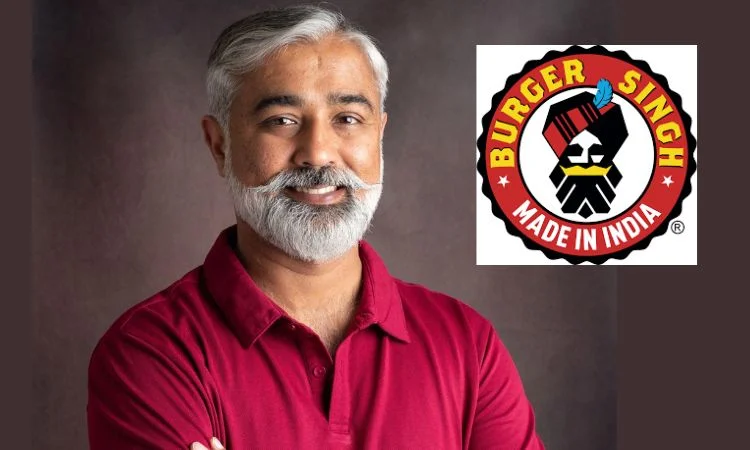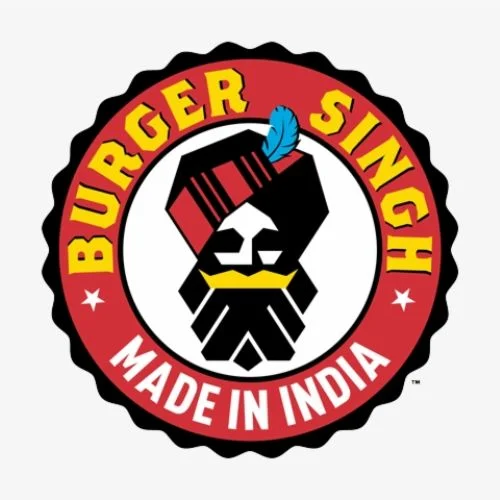Indian quick-service restaurant chain Burger Singh has announced FY24 results, which have been accounted for up to March 31. Much as revenue has grown at ₹77.7 crore, a gain in year-on-year rise offset increasing concerns with the gain in losses. Operating revenue increased by a whopping 34 per cent over FY23’s ₹57.8 crore. The company’s losses, however, have jumped to a worrying ₹27.9 crore during the same period when compared to nearly negligible ₹4.42 crore in the last fiscal.

PC: Inc42
Founded 12 years ago, Burger Singh operates a diversified menu that encompasses burgers, sides, desserts, and beverages in a mix of company-owned and franchise outlets. The revenue streams for the company are segregated into three main sources: sales from own stores, sale of franchise goods, and franchise services. Sales from own stores alone constituted 48% of the total operating revenue in FY24, marking a healthy 60% rise to ₹37.66 crore.
While costs weighed heavy on Burger Singh’s shoulders, it seems that as much money was made as was burdened by the expenditure. Procurement was one of the most significant areas where the burden lay-in terms of 43% of total costs. Procurement costs rose by a staggering 31.3% to ₹39.2 crore from ₹29.9 crore in FY23 compared with the previous year. During this same period, the group’s gross expenditure on employee benefits had increased 54% to ₹18.37 crore, which is an integral part of the company’s financial burden.
Total cost for Burger Singh shot up by 43.7% to ₹91.1 crore during the last fiscal year than ₹63.4 crore in the previous fiscal year. Cost increases have been way ahead of revenue growth, thereby piling a huge margin on their losses. ROCE for the company stood miserably at -94.76% and EBITDA margins were also as pathetic at -30.94%. On an unit basis, it spent ₹1.17 to gain every rupee of revenue.
Help is, though, the financial situation. On FY24, Burger Singh had cash and bank balances at ₹19.51 crore, with total current assets at ₹31.3 crore. Liquidity will cushion some of the shocks as the company gets past the difficulties.
Burger Singh had raised funds in a pre-Series A round from existing investors and venture capitalist Turner Morrison with a valuation of $52 million for the company. The company has so far raised in excess of $12 million and stands at more than 175 outlets across 75 cities in India. And at that level of an established presence, it is obviously a big player in a competitive quick-service restaurant space.
Although financial challenges seem to be a far cry, at least for the present, expansion appears to be in the pipeline for Burger Singh. Strengthening the brand and enhancing operational efficiency would be key focuses for the company over the years. As loss recovery is a priority for the company this year, more attention will be on cost optimization and revenue realization of higher margins without breaking the run on revenue growth.
In short, though Burger Singh has done a stellar job in posting high growth in revenues for FY24, the startling jump in losses underscores the need to manage costs better on the operational side of business. Whatever path Burger Singh takes going forward will demand its ability to strike a delicate balance between growth and sustaining the bottom line in navigating the competitively challenging US$ 80 billion quick-service restaurant industry landscape.















